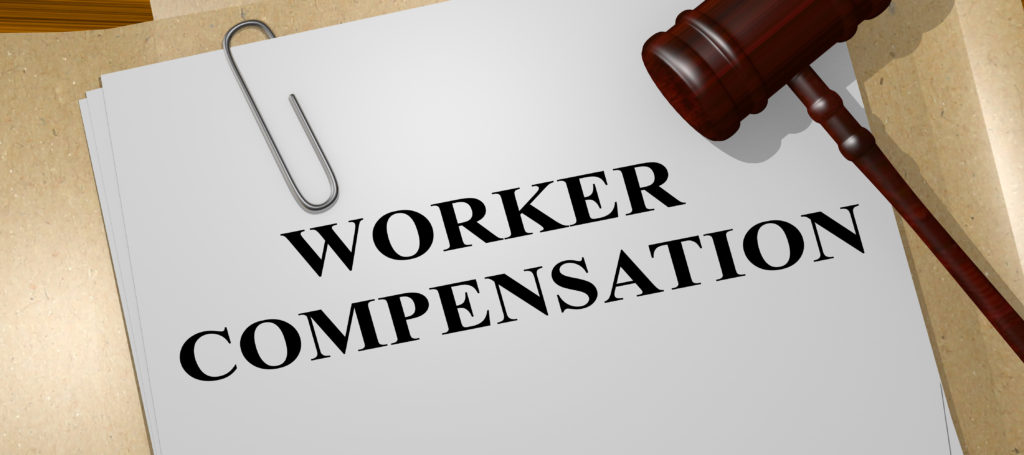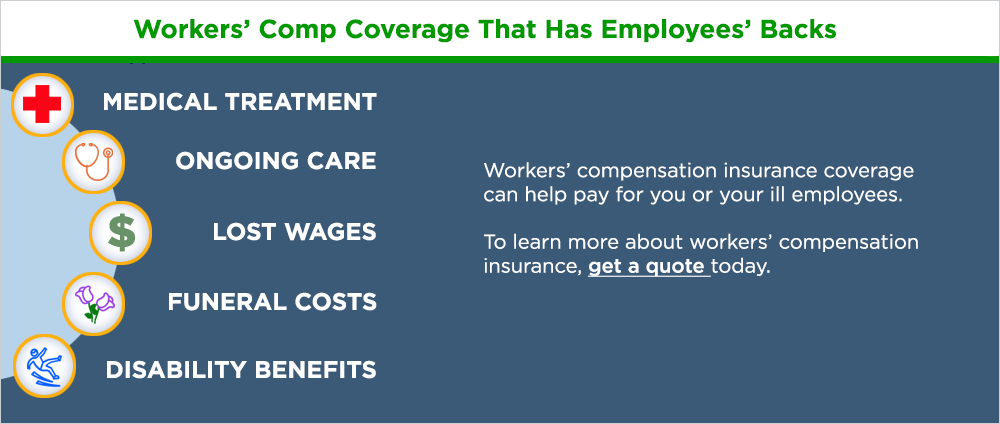Are you aware of the workers’ compensation insurance requirements by state? Understanding the nuances of these regulations is crucial for employers to safeguard their workforce and comply with the law. From coverage limits to reporting deadlines and penalties for non-compliance, each state has its own set of rules to follow. In this article, we will delve into the essential information about workers’ compensation insurance requirements by state, shedding light on key aspects such as exemptions, employee eligibility, and obtaining insurance. Stay informed to protect your business and employees effectively.

Exploring Workers’ Compensation Insurance Requirements by State
Workers’ compensation insurance is a foundational necessity for businesses across most states, delivering vital financial security to employees encountering job-related injuries or illnesses. The intricate web of state-specific regulations encompasses diverse aspects like varying coverage limits, detailed eligibility prerequisites, and distinct reporting timeframes. This knowledge serves as a cornerstone for employers, ensuring adherence to legal mandates and securing the well-being of their workforce effectively.

Exploring Employee Eligibility and Exclusions
Understanding Eligibility Criteria
Workers’ compensation insurance requirements determine which employees qualify for coverage. Generally, most states include full-time and part-time workers in this protection. However, it’s important to note that casual or temporary employees might not always fall under these regulations, varying from state to state.
Industry-Specific Eligibility
In some cases, specific industries or occupations may have unique eligibility requirements or exclusions. For instance, high-risk professions like construction might have additional safety standards for coverage. Understanding these nuances is vital to ensure compliance and adequate protection for all employees.
Ensuring Comprehensive Coverage
Employers must diligently review their state’s guidelines to verify that all eligible employees are covered under the workers’ compensation insurance requirements. Failing to include eligible individuals can lead to legal issues and financial liabilities in case of workplace injuries. Thorough awareness and adherence to these criteria are paramount for a secure work environment.

Understanding Reporting and Claim Filing Deadlines
Adherence to Prompt Reporting
Employers are obligated to promptly report any work-related injuries or illnesses to the designated insurance carrier. This ensures timely initiation of the claim process and provision of necessary support to the affected employee. Adhering to reporting requirements is fundamental in upholding the workers’ compensation insurance system’s integrity and serving the best interests of both employers and employees.
Varied State Deadlines
Reporting and claim filing deadlines for work-related injuries or illnesses vary significantly across states. These deadlines can range from just a few days to several weeks after the incident occurs. It is crucial for employers to familiarize themselves with their specific state regulations to avoid any potential delays or non-compliance issues that may arise due to missed deadlines.
Ramifications of Late Reporting
Failure to report a work-related injury or illness within the stipulated deadline can have severe consequences. Employers risk facing penalties or the denial of benefits to the affected employee if reporting is delayed. Timely reporting not only ensures compliance with legal obligations but also facilitates efficient claims processing and prompt delivery of necessary benefits to the injured employee.
By understanding and adhering to the reporting and claim filing deadlines set forth by each state, employers can navigate the workers’ compensation insurance requirements effectively, protecting their workforce and mitigating potential risks associated with non-compliance. Striving for timely reporting not only upholds legal obligations but also fosters a safe and supportive work environment conducive to employee well-being.

Consequences of Non-Compliance with Workers’ Compensation Insurance Requirements
Understanding the Severity of Non-Compliance
Failure to adhere to workers’ compensation insurance requirements can result in dire outcomes for businesses. From substantial fines to potential imprisonment, the repercussions are severe, underscoring the importance of compliance. Employers must prioritize meeting these obligations to avoid legal ramifications and safeguard their operations.
Penalties Imposed: Fines, Imprisonment, and Lawsuits
Penalties for non-compliance encompass financial repercussions, legal actions, and even the possibility of imprisonment. Businesses may face hefty fines, lawsuits from aggrieved employees, and in extreme cases, imprisonment for non-compliance with workers’ compensation insurance regulations. These penalties emphasize the critical necessity of meeting these requirements diligently.
Personal Liability of Uninsured Employers
In addition to facing corporate penalties, uninsured employers risk personal liability for any injuries sustained by employees. Without adequate coverage, employers may find themselves personally responsible for medical expenses, lost wages, and legal costs resulting from workplace injuries. This personal accountability underscores the need for comprehensive workers’ compensation insurance coverage.
In summary, ensuring compliance with workers’ compensation insurance requirements is paramount for businesses to avoid severe penalties, protect their employees, and maintain operational integrity. By prioritizing adherence to these regulations, employers can mitigate risks, uphold legal standards, and establish a safe working environment for their workforce.

Navigating Workers’ Compensation Insurance Acquisition
Employers seeking Workers’ Compensation Insurance Requirements can access coverage through private insurance carriers or state-run funds. The cost is influenced by industry, payroll size, and past claims. To optimize coverage and cost-efficiency, businesses must compare quotes meticulously and select a reputable insurer. Securing the right insurance provider is a pivotal step in safeguarding employees and ensuring compliance with state regulations.

Maximizing Workers’ Compensation Coverage: Key Considerations
Effective management of Workers’ Compensation Insurance Requirements involves regular reviews to align coverage with evolving business demands. Employers play a pivotal role in informing employees about their entitlements and duties concerning workers’ compensation laws. Seeking guidance from insurance specialists or legal advisors can aid in comprehending the intricate facets of workers’ compensation insurance, ensuring optimal protection for both employer and employees.
